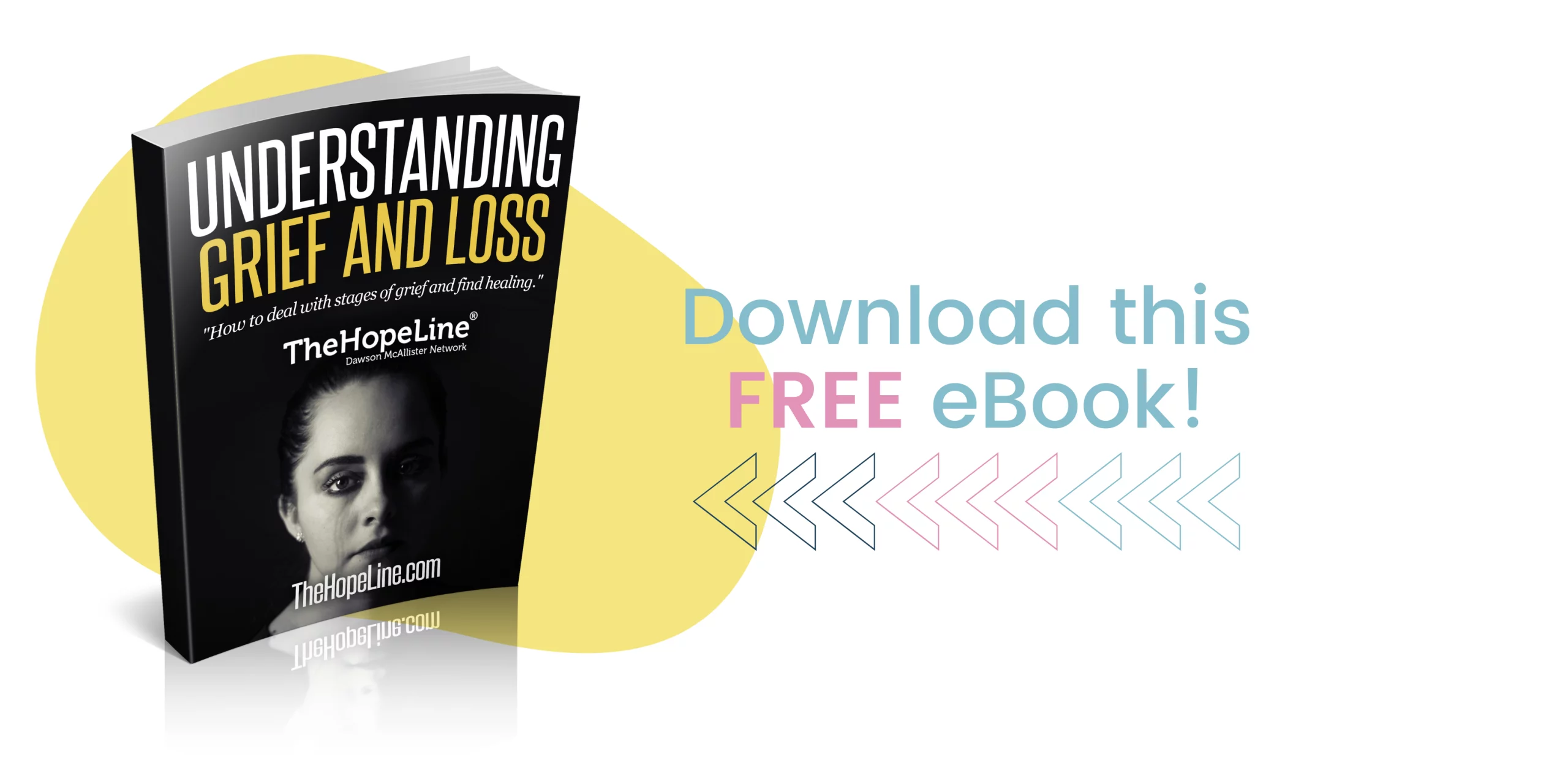How to Handle Grief
One of the truest things I’ve learned about grief is this: it never fully goes away. Because grieving is so difficult, it may be hard to accept this at first.
But think of it this way: you’re grieving the loss of someone you care about. You will always love them and miss them, and they will always be important to you.
There’s no need to fear grief or try to push it out of your mind. But when it comes out of nowhere, it can be alarming. It’s normal to feel a little derailed by grief, and I’ve definitely been there before, too. Here are some ideas that may help.
Get to Know Your Grief
If you’ve read any grief resources, you know that everyone grieves differently. You may be able to avoid or lessen some of the “surprise attacks” grief can bring. Start by asking yourself some questions:
What does grief feel like for me?
- Where do I feel it in my body?
- How do I express my feelings?
- What are the dominant emotions I feel?
What has happened before and during past “grief attacks”?
- What was I doing?
- Where was I?
- When these moments happened, had I been sleeping well?
- How was my nutrition?
You don’t have to force yourself to grieve another way or pressure yourself to stop grief from hitting you out of nowhere. But understanding your grief may help you better anticipate it so you’re not as shaken up by it.
Breathe and Pray
Sudden grief can feel similar to an anxiety attack, a panic attack, or other mood swings that impact our mental health.
In those moments, it really helps me to do two things: breathe and pray.
Breathing deeply – in through your nose, out through your mouth – helps you feel more grounded in the moments when grief gets overwhelming. In the moments when you’re troubled at the loss of your loved one, try taking a few deep breaths. If you can, find a quiet place to regroup. Closing your eyes while deep breathing can also help you feel more centered.
Prayer also helps me when I’m grieving. I might feel sorrow about the loss of my loved one. I might be angry, even with God. My grief might be so strong some days, I struggle with believing God is there. No matter where my heart is, what my emotions are, or how I’m feeling physically, God cares about me. He cares about your grief, too. It is okay to lean on Him in prayer and to ask others to pray for you.
Get Help Right Away
If someone close to you has died, I know missing them can overwhelm you, even if you’re making every effort to take care of yourself and manage your emotions.
You don’t have to despair. Get grief support right away. Chat with a HopeCoach at TheHopeLine who cares about you. And know I’m praying for you and the loved ones you’ve lost. Even when your grief is strongest, you are never alone.
Did you know anger is a necessary part of the grieving process? Learn more about grief and how to understand someone in grief.
We also have a partner, GriefShare, who is a caring support group of people who will walk alongside you through one of life's most difficult experiences.




I'm dealing with anxiety .Its been 4 years since I lost my husband after 29 years of marriage , blessed with two children.. In the past week I feel horrible. Sometimes I feel weeks on my arms With some irregular heartbeat. My Dr told me it could be menaupose. I feel sometimes afraid of being by myself. My husband was an excellent man. It's a combination of things that is happening in my life . I'm now dating a guys that I become very attached too , but I trust him because first he is Christian and hold a position in his church . I found out by looking on his phone that he was dating someone else while with me . We went to a Christian counseling to see if I could trust him again . I forgive him but the trust part is so hard . I tried to hold on to the relationship because I see some willingness on his side , he feel convicted and terrible about what he did.. He confessed to me that after his divorced he was so hurt by his situation , he been dealing with pornography and lust that is why he acted the way that he did. We prayed together but he involved strongly with a groups of man to help him defeated this addiction with prayers and scriptures But in the meantime I'm stressed out .I'm Asking God why letting my perfect husband gone and now facing that ?